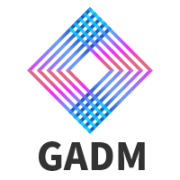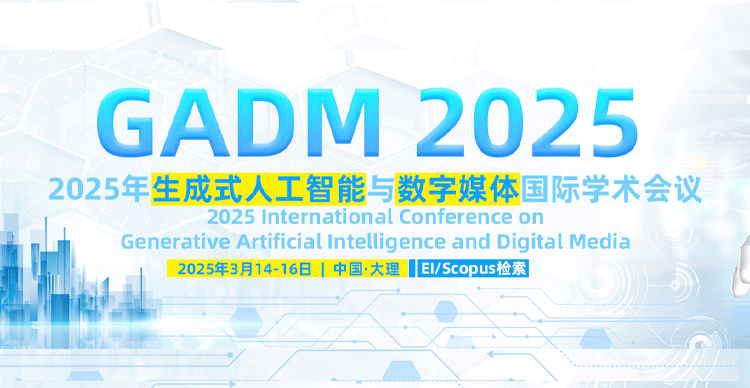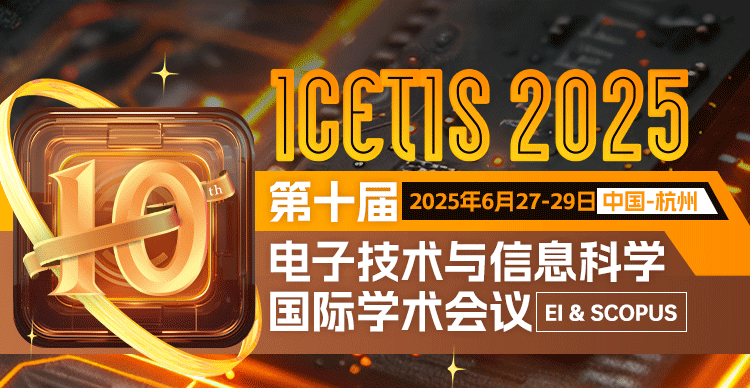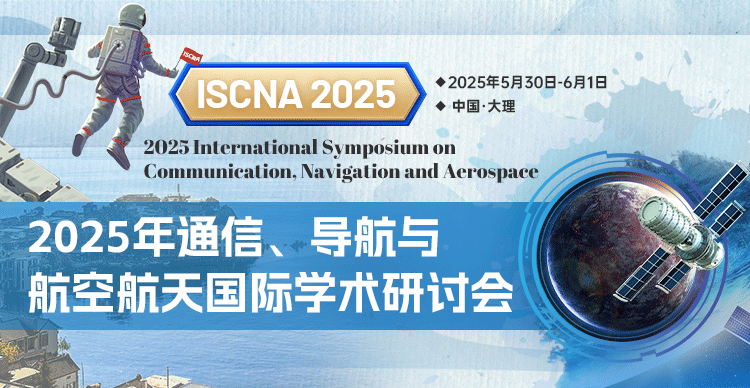2025年生成式人工智能与数字媒体国际学术会议
2025 International Conference on Generative Artificial Intelligence and Digital Media
会议简介
本次会议将汇聚来自全球的学术专家、研究者和行业领袖,共同探讨生成式人工智能对数字媒体领域的深远影响。随着人工智能技术的快速发展,生成式AI在艺术创作、内容生成、用户体验及社会伦理等方面展现出巨大的潜力和挑战。
会议将围绕多个重要主题展开,包括生成式AI的基础理论与方法、在数字媒体中的应用、用户体验的提升、以及技术发展的未来趋势。我们鼓励来自不同学科背景的研究人员提交原创性的研究论文和案例分析,分享他们在生成式AI和数字媒体交叉领域的最新成果和经验。
本次会议的目标是促进交流与合作,推动生成式人工智能的创新应用,为学术界和产业界提供一个高水平的对话平台。我们期待您的参与,共同探讨如何将生成式AI与数字媒体结合,创造更加丰富、智能和可持续的内容生态。
支持单位
武汉科技大学
主讲嘉宾
郭天佑教授,香港科技大学, IEEE Fellow
Assoc. Prof. Ata Jahangir Moshayedi, 江西理工大学,IEEE Member
待更新....
征稿主题
■ 生成式人工智能与自然语言处理
- 语音识别与合成
- 知识获取
- 生成式信息检索
- 文本分类
- 信息提取
- 大型语言模型
- 文档标识
- 因果推断
■ 人工智能生成内容
- 视频生成
- 深度学习
- 图像生成
- 数据增强
- 增强现实
- 虚拟现实
- 多媒体分析
- 机器推理
- 视频内容生成
- 图像编辑
- 人工神经网络
■ 生成式人工智能与信息安全
- 生成对抗网络
- 创成式建模技术
- 语言预训练
- 视觉预训练
- 联合预训练
- 自回归模型
- 生成式 AI 的合法使用
- 信息和隐私保护
- 入侵检测技术
- 安防检测监控技术
参会说明
1、作为投稿者参会:投稿全文经审稿后文章被录用,一篇录用文章允许一名作者免费参会,可在会议现场进行口头报告或海报展示等。
2、口头报告:演讲时间为15分钟;
3、海报展示:海报要求A1尺寸
4、作为报告者参会(无投稿):报名时提交报告的标题和摘要,并在会议上进行口头报告或海报展示。(注:口头报告的摘要不提交出版)
5、作为听众参会:出席并参加本次会议, 可全程旁听会议所有展示报告。
About GADM 2025
2025 International Conference on Generative Artificial Intelligence and Digital Media (GADM 2025) will be held in Dali China from March 14-16 2025.
As a leading role in the global megatrend of scientific innovation China has been creating a more and more open environment for scientific innovation increasing the depth and breadth of academic cooperation and building a community of innovation that benefits all. Such endeavors are making new contributions to the globalization and creating a community of shared future.
This conference will convene academic experts researchers and industry leaders from around the world to explore the profound impact of generative artificial intelligence (AI) on the field of digital media. With the rapid advancement of AI technology generative AI demonstrates significant potential and challenges in areas such as artistic creation content generation and user experience.
The conference will focus on several key themes including the fundamental theories and methodologies of generative AI its applications in digital media enhancements in user experience and future trends in technological development. We encourage researchers from diverse disciplinary backgrounds to submit original research papers and case studies sharing their latest findings and experiences in the intersection of generative AI and digital media.
The goal of this conference is to promote communication and collaboration fostering innovative applications of generative artificial intelligence and providing a high-level dialogue platform for both academia and industry. We look forward to your participation in jointly exploring how to integrate generative AI with digital media to create a richer smarter and more sustainable content ecosystem.
Important Dates
Full Paper Submission Date: January 10 2025
Notification Date: February 14 2025
Registration Date: February 28 2025
Conference Dates: March 14-16 2025
Call For Papers
■ Generative Artificial Intelligence and Natural Language Processing
- Speech Recognition and Synthesis
- Knowledge acquisition
- Generative information retrieval
- Text classification
- Information extraction
- Document identification
- Large language model
- Causal inference
■ Artificial Intelligence Generates Content
- Deep Learning
- Image Generation
- Video Generation
- Data Augmentation
- Augmented Reality
- Virtual Reality
- Multimedia Analysis
- Machine Reasoning
- Visual Content Generation
- Image Editing
- Artificial Neural Networks
■ Generative Artificial Intelligence and Information Security
- Generating adversarial networks
- Generative modeling technology
- Language pre-training
- Visual pre-training
- Joint pre-training
- Autoregressive model
- Legitimate Use of Generative AI
- Information and Privacy Protection
- Intrusion detection technology
- Security detection and monitoring technology
- Decryption and encryption technology
Publication
All papers will be reviewed by two or three expert reviewers from the conference committees. After a careful reviewing process all accepted papers will be published in the Conference Proceedings and submitted to EI Compendex Scopus for indexing.
Note: All submitted articles should report original results experimental or theoretical not previously published or being under consideration for publication elsewhere. Articles submitted to the conference should meet these criteria. We firmly believe that ethical conduct is the most essential virtue of any academics. Hence any act of plagiarism or other misconduct is totally unacceptable and cannot be tolerated.







